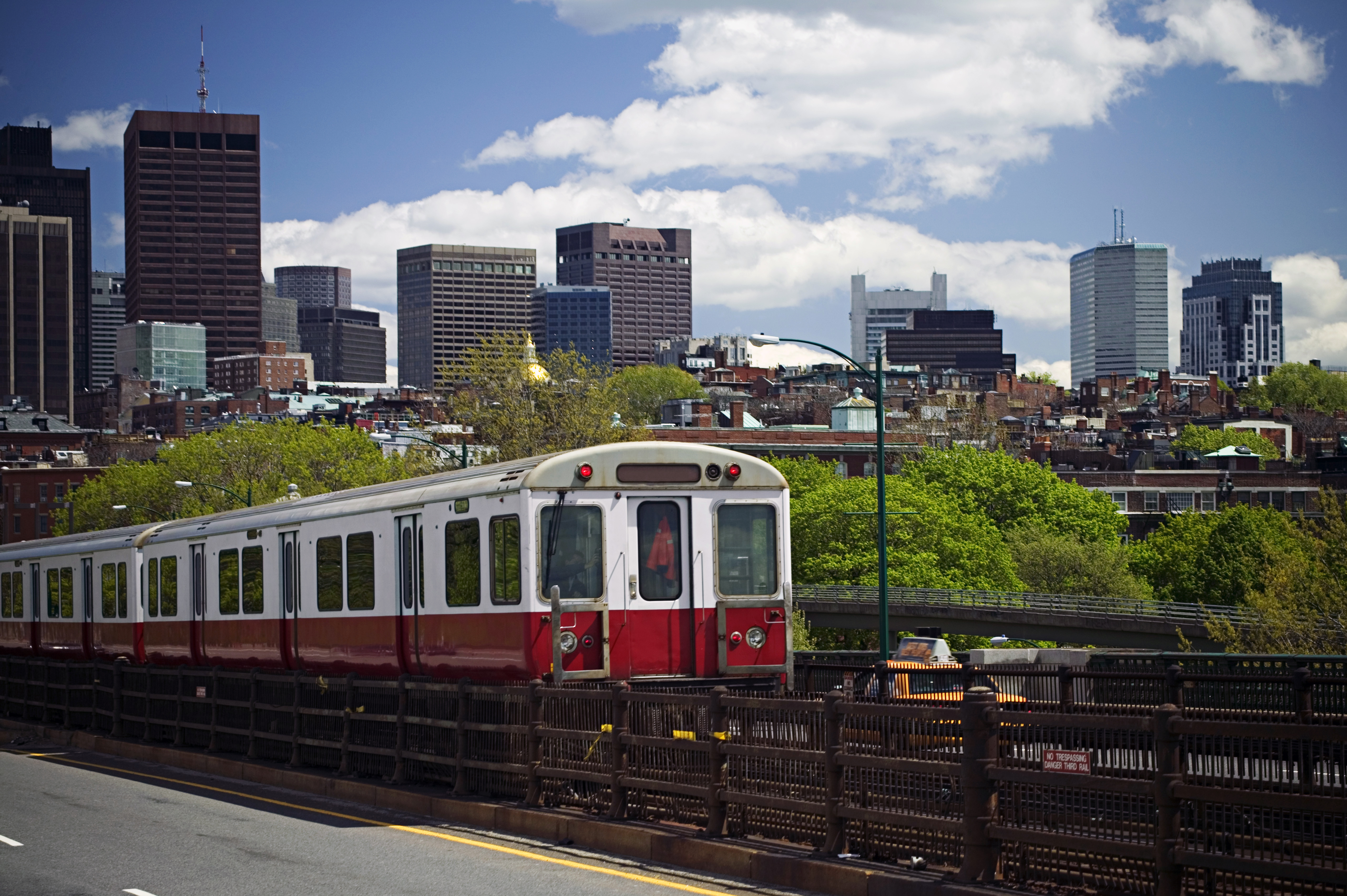On Monday March 12, the MBTA board approved unpopular fare hikes after weeks of pushback from Greater Boston residents and officials. The fares will increase an average of six percent, but will spare student and senior rates from the hike.
Starting July 1, a single ride on the subway will jump from $2.25 to $2.40. Commuter rail cost vary depending on which zone a commuter is traveling to. For one example, fees will be increased by 75 cents for one trip from the farthest zones, and an additional $27.75 for a monthly pass.
The public made their opposition to the plan known at various public hearings like the one held on February 27. That evening, Boston city councilor Michelle Wu submitted a petition signed by roughly 2,700 people in opposition to the fare hike. According to Wu, it had grown to 3,200 signatures by the time of the final vote.
Virtually all of the 19 senators and representatives present for that meeting spoke out against the fare hikes, including Cambridge and Somerville Rep. Mike Connolly, East Boston Rep. Adrian C. Madaro, and Brookline Rep. Tommy Vitolo.
Rep. Vitolo compared the fare hike to price rise with Arizona Iced Tea. “It costs 99 cents, says it right on the can,” he said. “It’s cost 99 cents for 18 years. What the good people of Arizona Iced Tea figured out is if you don’t improve the quality of the T, you don’t raise the prices.”
Rep. Madaro asked the MBTA to at least “delay this proposal to protect the vulnerable population,” because “it will impact the whole population negatively,” and environmental activists warned that this act will “push transit riders to change to the automobile…and deteriorate climate/environment even more,” and that it is “a terrible policy.”
People with disabilities, veterans, immigrants, and seniors also argued they are the ones who would be directly impacted by the fare hike proposal.
“You guys changed the rules too much without telling the public, that’s unacceptable, let’s get the service better before increasing the price,” said a visually impaired man at the meeting.
James White, a senior citizen who also relies on public transportation to get to work, asked “Why would I pay a fee without getting the service?”
Other riders asked why the MBTA didn’t reach out to customers for feedback.
Church representatives from Arlington and Cambridge, concerned about climate change and environmental justice, also spoke at the meeting.
“We need more people to ride in the T, not fewer,” said one of the representatives. “Why not free the transit, since we have the money? If everyone pays their fair share, no fare hike, free the T!”
While the MBTA needs more funding, people at the meeting suggested the transit agency should “work with the politicians to get the fundings for the T, not us” or “look for alternative ways to find the resources they need,” to consider “what is reasonable and practical” for the public, because they believe that government “does not lack ideas, they lack the political will.”

Leave a Reply
You must be logged in to post a comment.